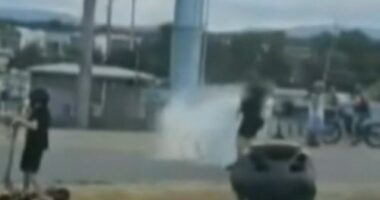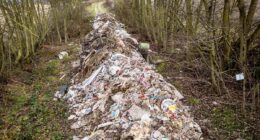Share this @internewscast.com

Lead author of the report, John van Kooy, told SBS News: “We looked at the jobs they were doing before they arrived in Australia and the jobs they’ve been able to secure, or go for, in Australia over that 10-year period. What we found was a major drop off.”
It’s part of what AIFS cites as the largest longitudinal study of this cohort of migrants in Australia, capturing post-humanitarian arrival and settlement support over a longer term.
A starker ‘occupational downgrade’ for women
According to the study, 30 per cent of employed women and 19 per cent of employed men had worked in managerial or professional roles before arriving in Australia. That dropped to 17 and 10 per cent respectively after 10 years of residency.
Over two-thirds (67 per cent) of women who had been managers or professionals in their home countries were not in paid work in Australia. The remaining women were mostly carers, cleaners, education aides or sales assistants.
He said refugees can face various challenges, including language barriers — with those who were quickly able to acquire English language skills being more able to enter the labour force earlier — along with the recognition of skills and qualifications in Australia.
A ‘billion-dollar benefit’
“In addition to having remarkable personal qualities like resilience and determination, professionals from refugee backgrounds bring skills we urgently need — in health, education, engineering and more. Yet many of these skills are currently being wasted.”
‘We’re all losing out’
“Settlement is not something that happens in a two to three-year period, just after people arrive. It’s a lifelong experience, and I think we need to work with that timeframe in mind.”











